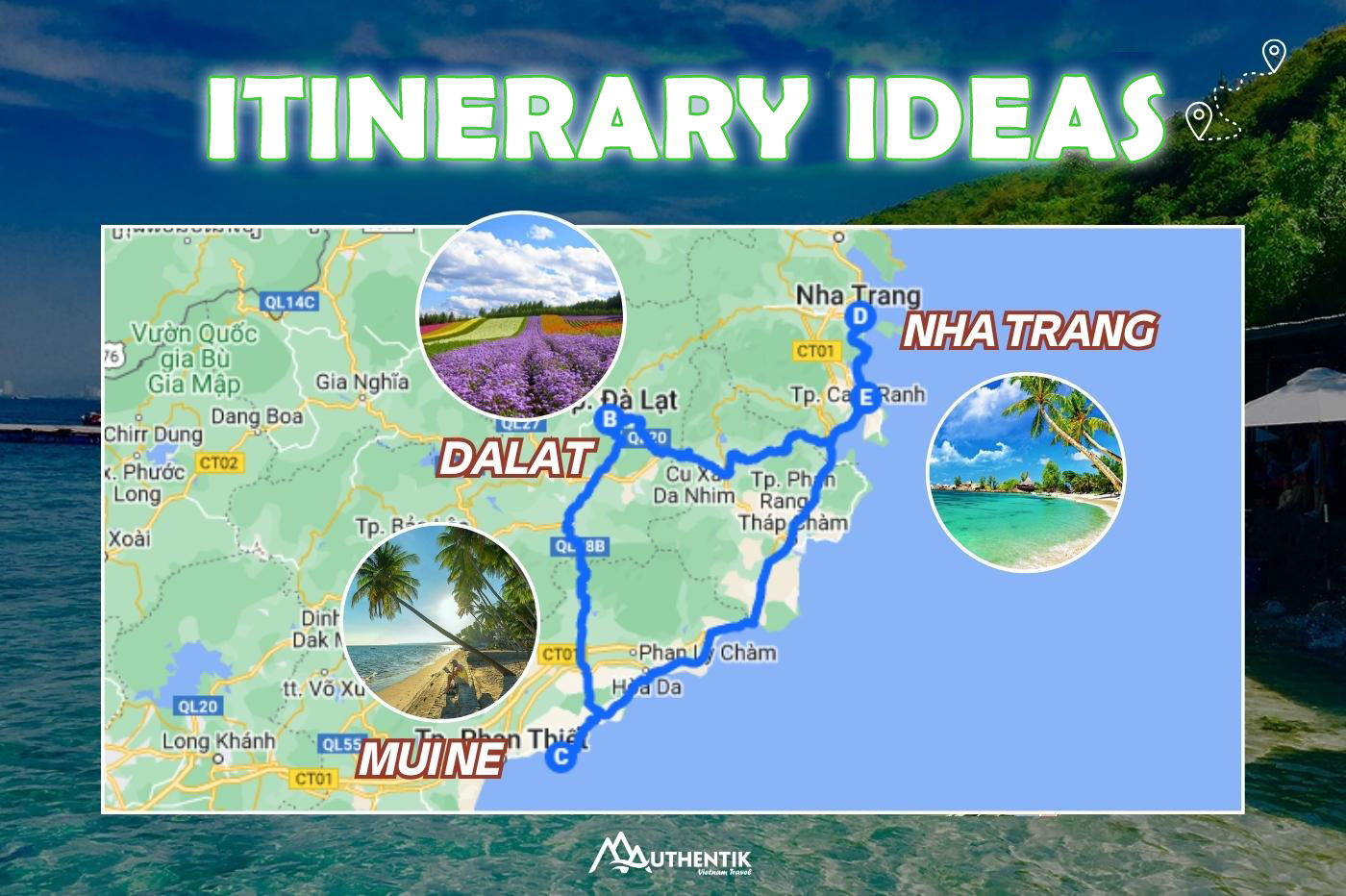
The fabulous Dalat-Nha Trang-Mui Ne loop for a unique trip to Vietnam!
- on Dec 7, 2023 By: Ngoc Nguyen
Here is an idea for a loop to discover a region with exceptional cultural and natural heritage. A loop that allows you to discover the vestiges of the French presence, those of the kingdom of Champa, to walk in the footsteps of the famous doctor Yersin, to explore some of the most remarkable natural sites of Vietnam and to swim in some of the most attractive beaches of Vietnam. By car, motorbike, bus and even by bike for the sportier, let’s discover this magnificent, multi-faceted region.
1. Dalat, the city of eternal spring
Dalat, the first stage of this fantastic loop, is an old health resort from the colonial era perched at an altitude of 1600 metres on the Lang Biang Plateau, in the Central Highlands region. Discovered at the end of the 20th century by the famous doctor Yersin, the site is nestled in a remarkable natural setting.
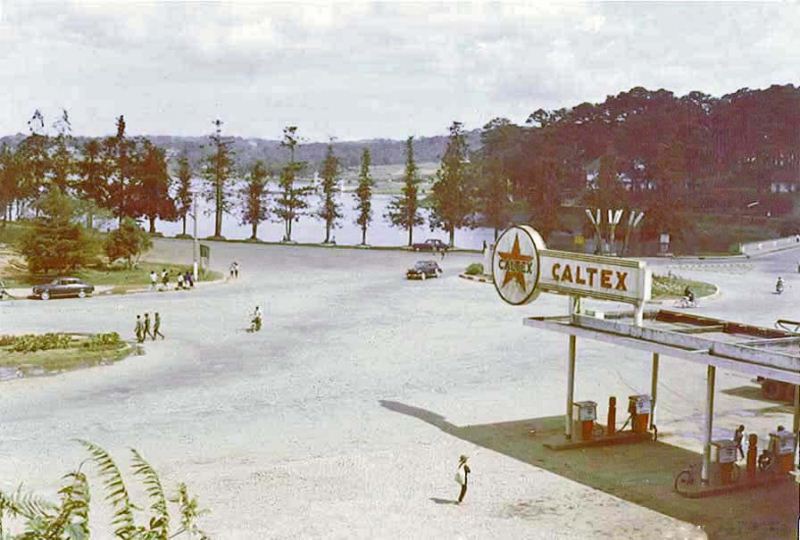
Staying in Dalat is an opportunity for beautiful walks between green mountains, pine forests, gentle meadows, valleys covered in flowers, poetic lakes and spectacular waterfalls. You will also undoubtedly appreciate its superb colonial architectural heritage. You can stroll through the city and its surroundings to discover the many vestiges of the French presence such as the numerous colonial villas, the former Art Deco residence of the last emperor of Vietnam, that of the former Governor General, the Saint-Nicolas church, the Pasteur Institute, the Convent of the Birds or the Dalat railway station, a miniature replica of that of Deauville. Set off to explore the Dalat countryside to discover its exceptional terroir. You will discover tea, pepper and coffee plantations and will be able to meet proto-Indochinese ethnic minorities in the heart of their villages where the culture of gongs, listed as a UNESCO intangible heritage, resonates. In the evening, head to the Dalat Night Market to sample regional cuisine and immerse yourself with the locals.
>> Read more: Da Lat Vietnam - what to see and do in 2 or 3 days?
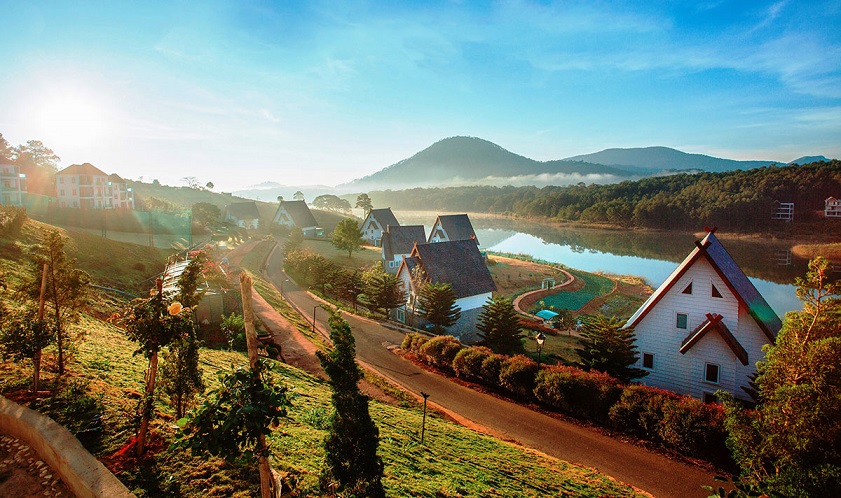
2. Nha Trang, a seaside pearl located on the former territory of the Champa Kingdom
Around 150 kilometres of an extraordinary mountain road, it will take you to one of Vietnam's most famous seaside resorts: Nha Trang. Here too, you will walk in the footsteps of the tireless explorer Alexandre Yersin, known worldwide for having been the discoverer of the plague bacillus and known locally for having continually worked for the population. His former house has also been transformed into a museum.
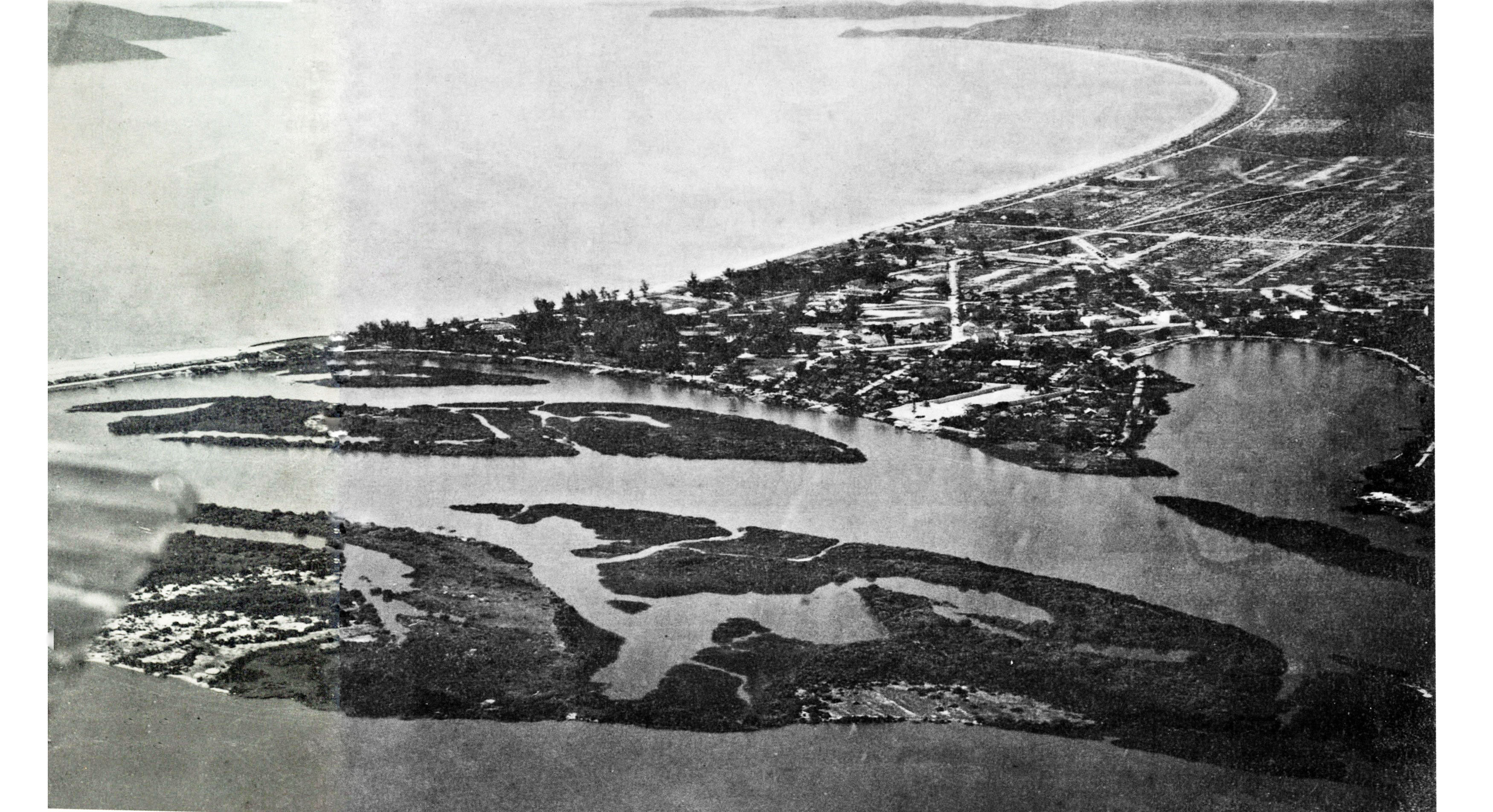
Yes, Nha Trang has a beautiful bay, but the interest of Nha Trang is not limited only to its languid beaches of golden sand. Tear yourself away from the embrace of the beach to visit its cathedral built in the early 19th century in the French Gothic style, its Long Son pagoda and its imposing sparkling white Buddha statue, its Vietnam National Oceanographic Museum founded in 1922 or the Cham Towers of Po Nagar dedicated to Hindu deities when Nha Trang was the capital of the kingdom of the Cham people in the 8th century.
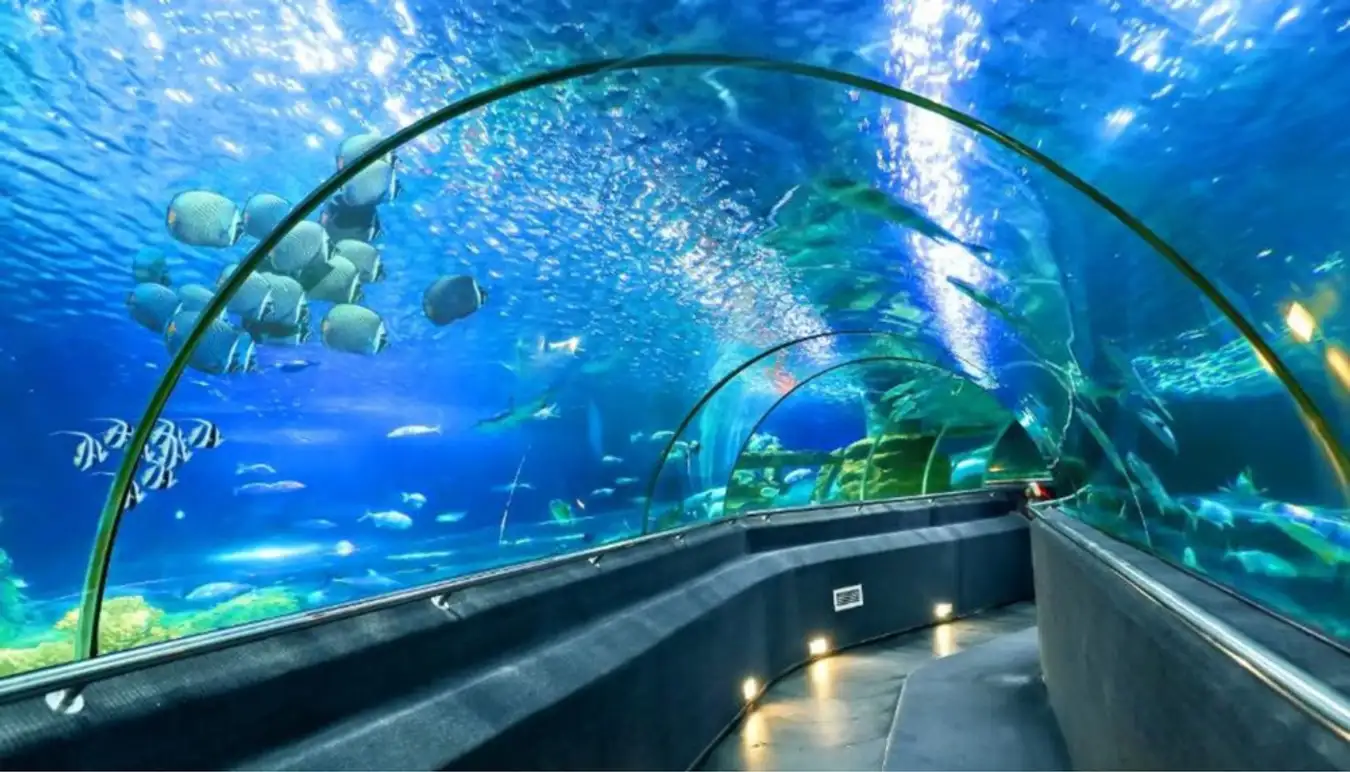
The call of the sea will undoubtedly be felt when you stay in Nha Trang, so don't miss out on a day trip to discover the string of islands that dot its bay. In the evening, feast on fresh seafood and fish and enjoy the festive atmosphere of Nha Trang.
>> Read more: Nha Trang Vietnam - what to do in 2 or 3 days?
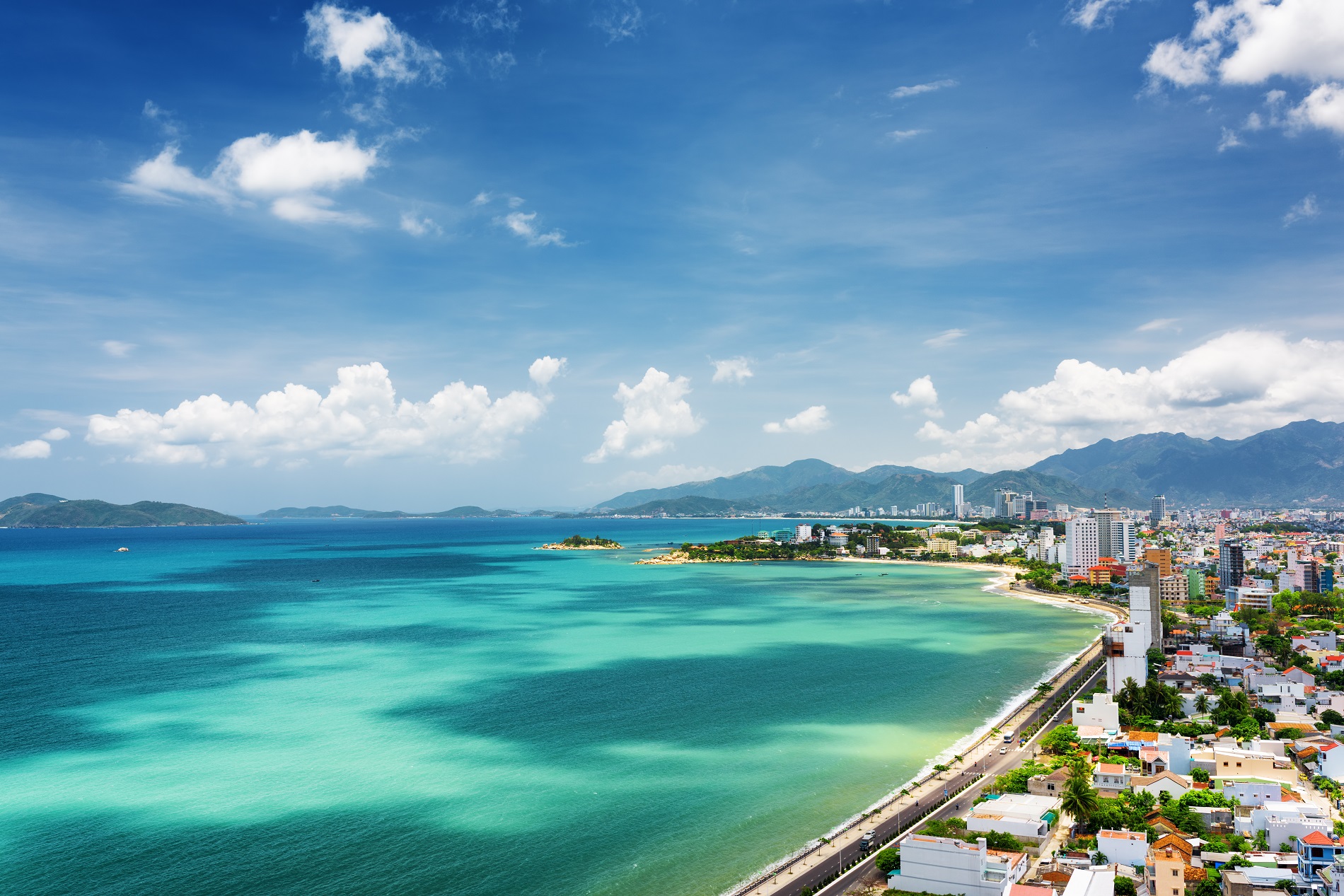
3. Cam Ranh Bay and Nui Chua National Park
Continuation of the journey in South-Central Vietnam, you should head South, and after about forty kilometres, you will reach the fabulous Bay of Cam Ranh, one of the most beautiful deep-water ports in the world. Make a stop to appreciate its beautiful stretches of beach and its immaculate white sand. Still further South, you enter a large tongue of green land, a true beauty spot that has remained very wild: Nui Chua National Park. We advise you to stop there for at least one night to enjoy its magnificent mountainous, forested and marine landscapes. This true natural setting is home to a large number of rare and precious endemic species.
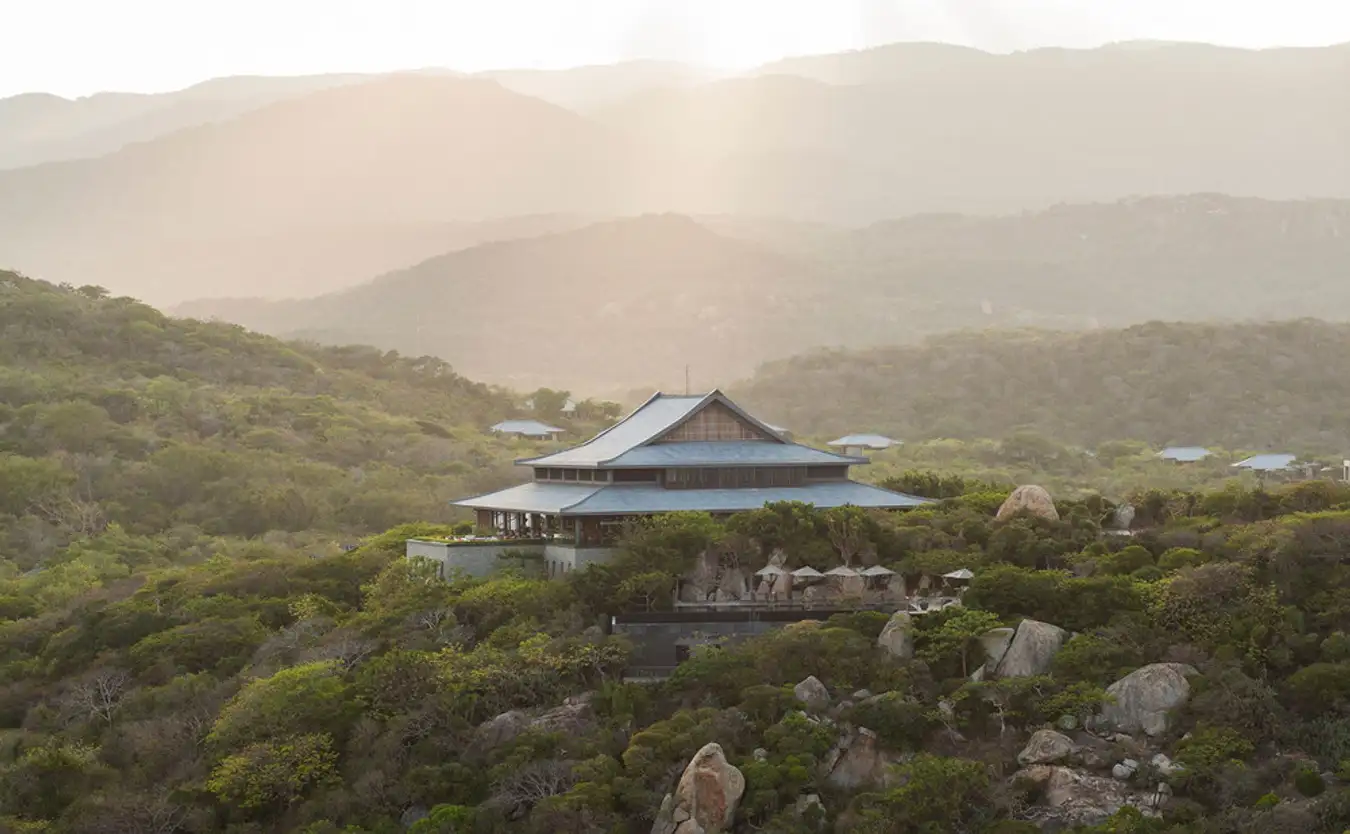
4. Mui Ne and its unique landscape heritage in Vietnam
Taking the road again heading South, you leave Nui Chua National Park and set off to discover the Cham towers of Po Klong Garai in Phan Rang, classified as a special national site. This archaeological site is rightly considered the most beautiful and impressive among the remains of the ancient kingdom of Champa which flourished on this coastline from the 2nd to the 17th centuries. A spectacular coastal road then takes you through the Mui Dinh Peninsula.
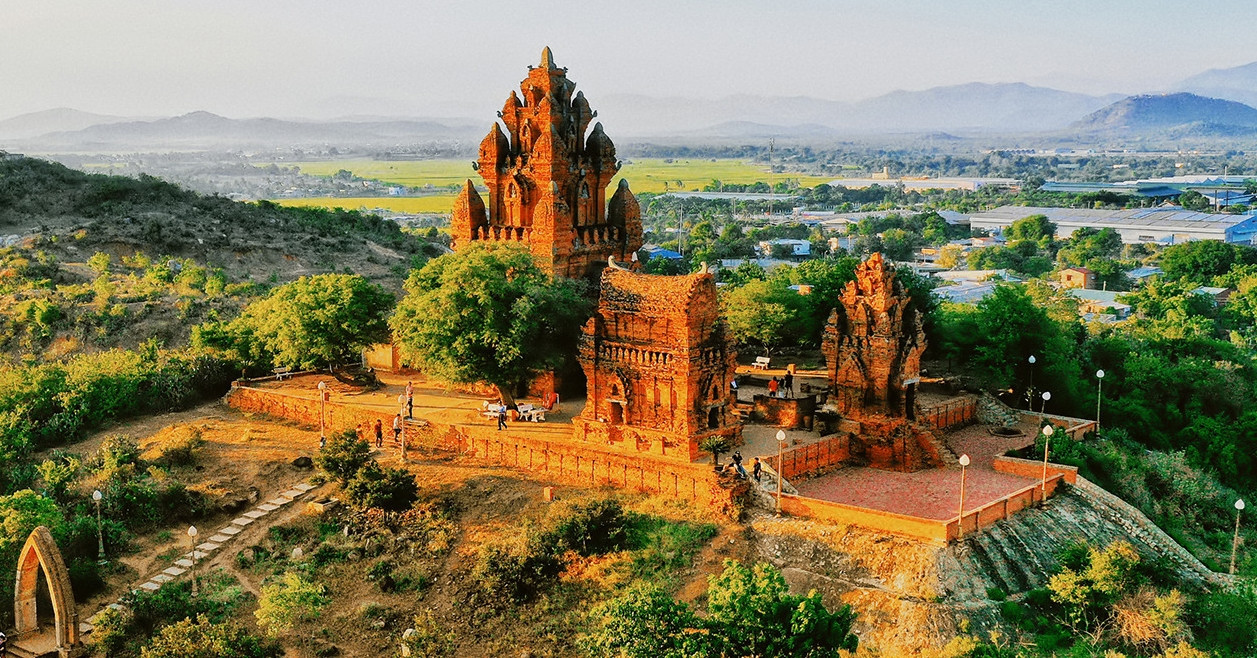
A natural jewel of great beauty, Mui Dinh alternates isolated coves, desert and rocky plateaus and wild dunes. At the end of Mui Dinh Cape where a lighthouse built in 1904 by the French stands, you arrive at the port of Ca Na dotted with colourful fishing boats. The road then takes you to Mui Ne, a seaside resort which has a bit of a Sahara feel in the middle of Vietnam. Enjoying a semi-desert microclimate, Mui Ne and its surroundings offer unique landscapes such as its white and red dunes and its Suoi Tien canyon carved out by the “fairy river”. Contemplative types will laze on its long stretches of golden sand, while sports enthusiasts can learn or improve kite-surfing and golf.
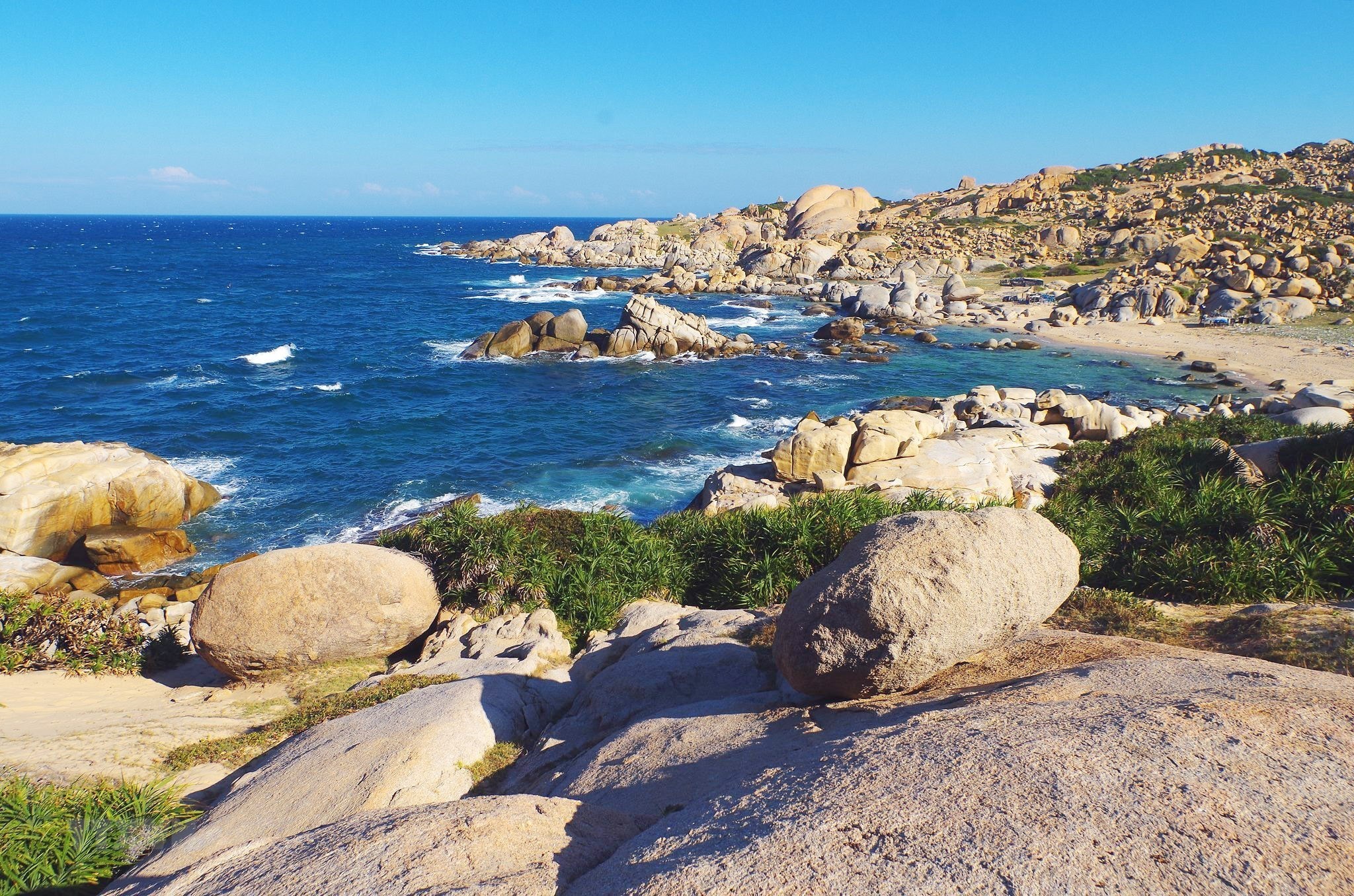
From Mui Ne, you can return to Dalat to complete this superb loop or continue by the coastal road towards Vung Tau to take a boat to explore the heavenly Con Dao archipelago or continue by train or by road towards Ho Chi Minh City, the capital of Southern Vietnam and gateway to the wonderful Mekong Delta.
>> Read more: Saigon - Mui Ne: How to get to Mui Ne from Saigon?
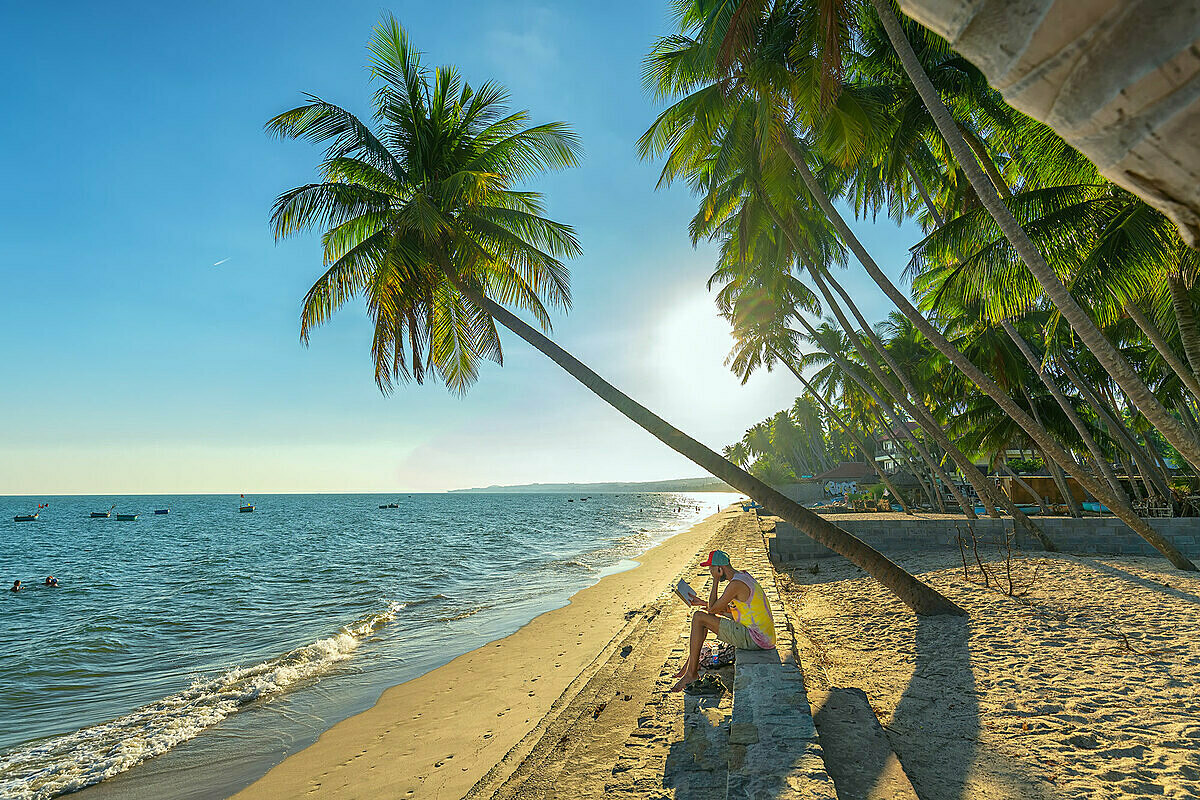
Related articles:
>> Tour 3 weeks in Vietnam, an exciting tour of the Dragon
>> Family trip to Vietnam - Tips and itinerary ideas
>> Vietnam tour 14 days, what to visit in Vietnam in 2 weeks?
 Español
Español Français
Français






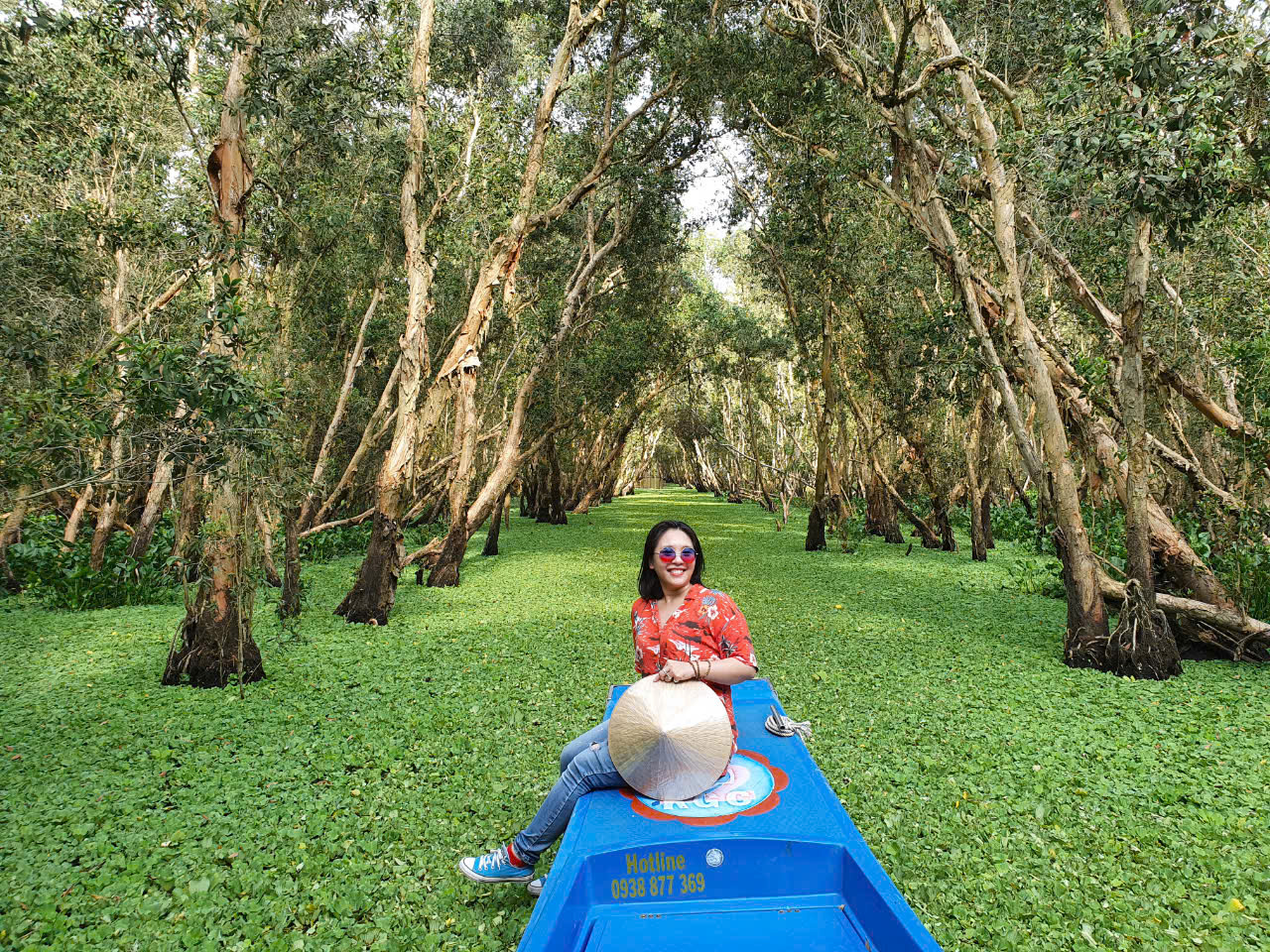
.jpg)
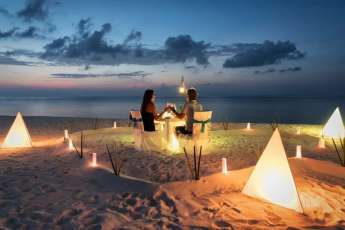
.jpg)
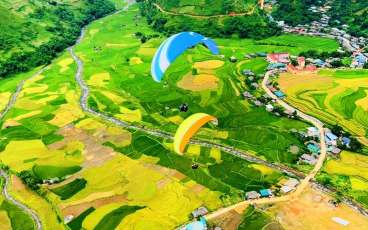
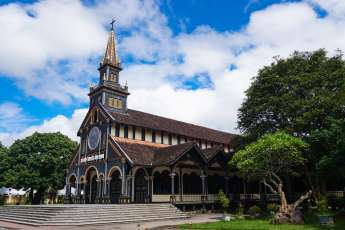
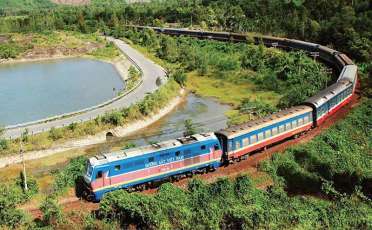







Morgane Ter Cock
on Dec 18, 2025HerbertPhomaMS
on Oct 19, 2025Lilyan Cuttler
on Oct 15, 2025Avenue17XC
on Sep 14, 2025Avenue18JL
on Jul 21, 2025